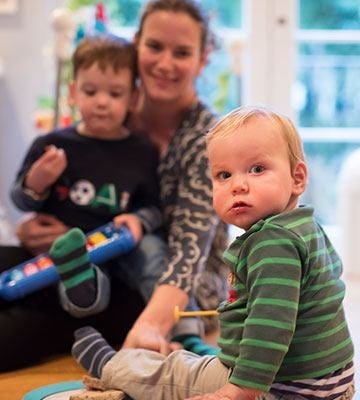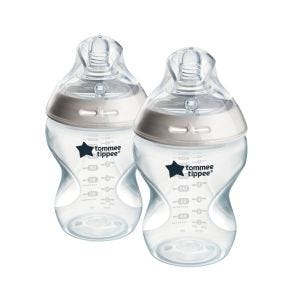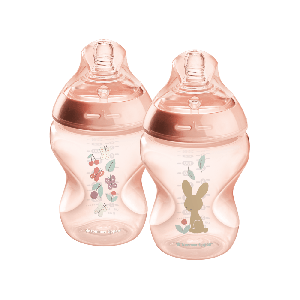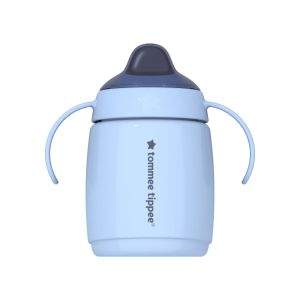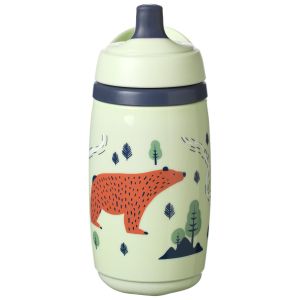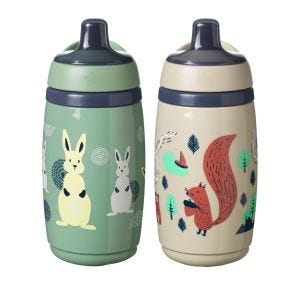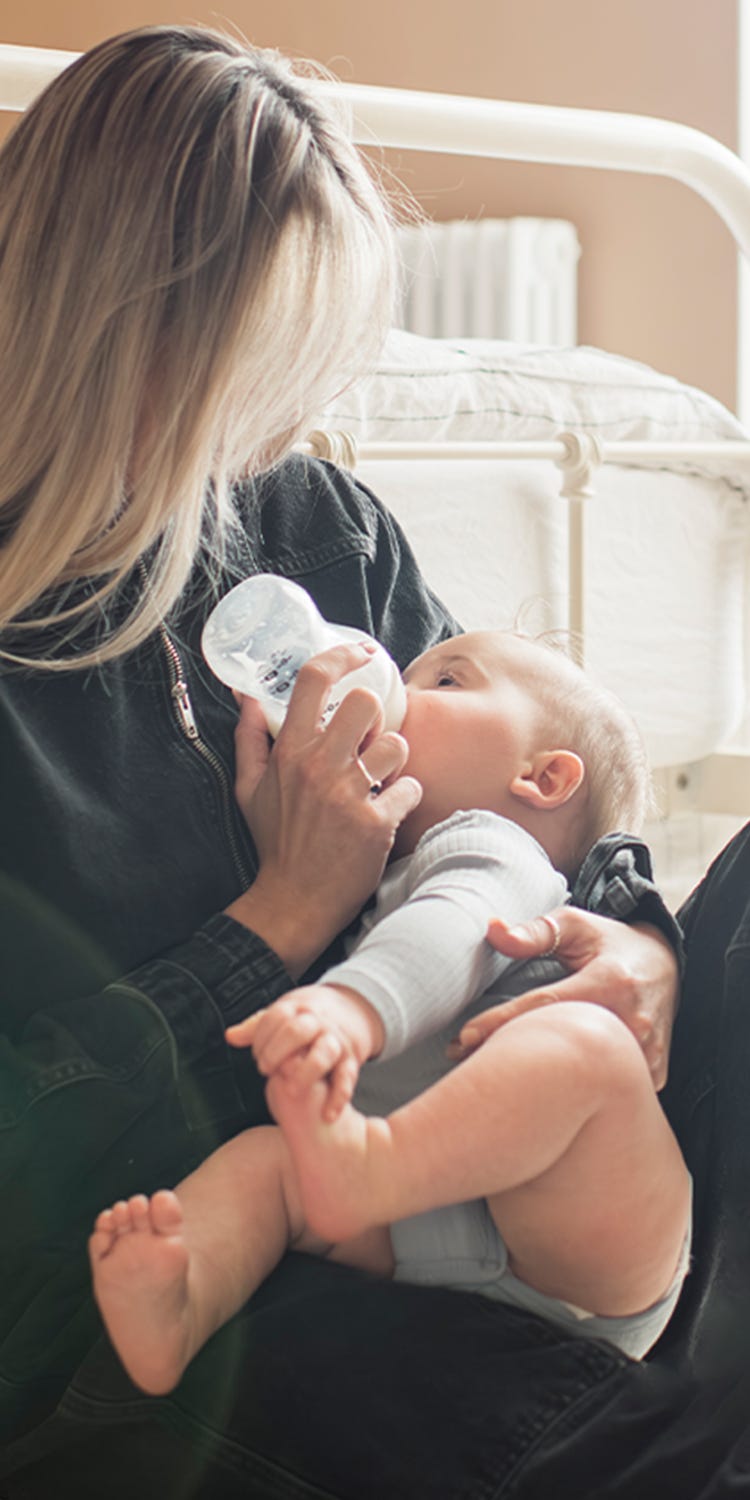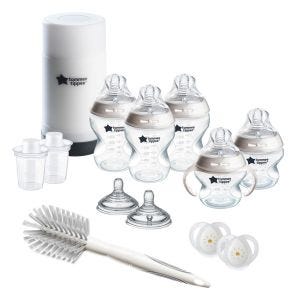
Parent Diaries
“We only had a few days to make a lifetime of memories, so we had to make the most of it.”
You Never Get Over Losing a Baby
You never get over losing a baby. It changes you forever.
Ruth, London, England.
We went on holiday to India not long after finding out I was pregnant. I’m from a big family and none of my friends have had problems during pregnancy, so I assumed everything would be fine. But when we got back and went for our 12-week scan, there was no heartbeat.
I’d never really thought about miscarriage, it was just something that happened to other people. But the impact it had was massive. I was in pieces. I had this crazy bump envy - I’d see all these pregnant women and feel real hatred, even though they didn’t even know who I was.
I became obsessed by it. My way of coping was to try to get pregnant straight away. And it worked. When I fell pregnant with Scarlett and had a good 12-week scan, I felt like I was cured, like I was just a normal pregnant person. You don’t forget the miscarriage, but after the scan I definitely relaxed and assumed everything else would be ok. The possibility that sometimes people don’t get to bring home a baby after that point never even crossed my mind. So when I went to the hospital because she’d not been moving very much for a couple of days, I assumed I was just being paranoid. To hear the words “I’m so sorry, there’s no heartbeat”, has to be one of the most harrowing things a mother can ever hear.
I gave birth to Scarlett on 27 November. It was a Saturday. I’d spoken with Jane, our bereavement midwife, on the phone beforehand, as it was her day off. She specialised in helping families through stillbirths. She was great at getting me to focus on how I wanted to spend time with my little girl before we had to say goodbye. Until talking to Jane, I was fixated on practical things like the autopsy, the funeral, what our options would be going forward. Perhaps it was a way of avoiding starting to deal with the grief. I wanted to have a plan, timeframes, options. Jane helped me put all of that aside. She gently told us that all we needed to think about was how we wanted to spend time with our little girl – there would be time for everything else later. We only had a few days to make a lifetime of memories, so we had to make the most of it. She was so right.
Looking back at the birth, I don’t have any regrets. The team around us treated Scarlett like any other little girl, saying how beautiful she was, who she looked like. We had the first day together - just me, my husband and my sister. We bathed her. I hadn’t realised how hard it would be, emotionally and physically, but I’m so glad we did it. We made footprints and I took a lock of her hair. More than anything, we just talked to her. Told her all the things we had wanted for her and how sorry we were that she wasn’t going to get to do any of them.
To hear the words “I’m so sorry, there’s no heartbeat”, has to be one of the most harrowing things a mother can ever hear.
But I wanted to show her off too. I was really proud of her. My parents, in-laws, brother, and some of our closest friends came to meet her on the Sunday. That was really important to me - I wanted them to know her, so when we talk about her now, they know who she was. The midwife looking after us was so thoughtful, in fact the whole team was amazing. There was a student midwife there when I first discovered Scarlett had passed away - it was her first ever shift - and she came in to see us in her lunch break the next day. She understood how proud I was and wanted to meet Scarlett properly.
The funeral was incredibly hard. Normally at funerals someone stands up and says something about the person, about their life, but Scarlett had only had one inside me. I spoke with the priest doing the service and he said “Ruth, the person that really knew her is you.” So I sat down to write what I wanted to say and actually it came really easily. I was proud to share my memories of her and I still am. I kept a diary for a while too, writing to her, and that helped.
I wanted them to know her, so when we talk about her now, they know who she was.
For weeks after the birth, my mood was all over the place. I would go from coping to total meltdown, often with no obvious trigger. My husband called Jane and told her he was worried about me. She referred me to a councillor and I went to a couple of times, but I didn’t find it helped me too much. I had my own way of dealing with it. I needed to understand, to plan, know what came next, what my options were. Jane was brilliant - she helped me figure out a plan of action. We both learnt a lot and she’s a great friend now. I also met people through social media who had lost babies. Their companionship and shared experiences were invaluable, particularly when we started trying for another baby.
Things like this affect everything in your life. They draw you closer to some people, force you away from others. They change you forever. I’m now training to be a midwife, I have a new set of incredibly strong friends, and despite three more miscarriages I’m so thankful to now have two beautiful boys that have helped to repair my broken heart. It was the hardest thing I’ve ever gone through, but I also believe that if losing Scarlett hasn’t broken me, it’s hard to imagine what could.
